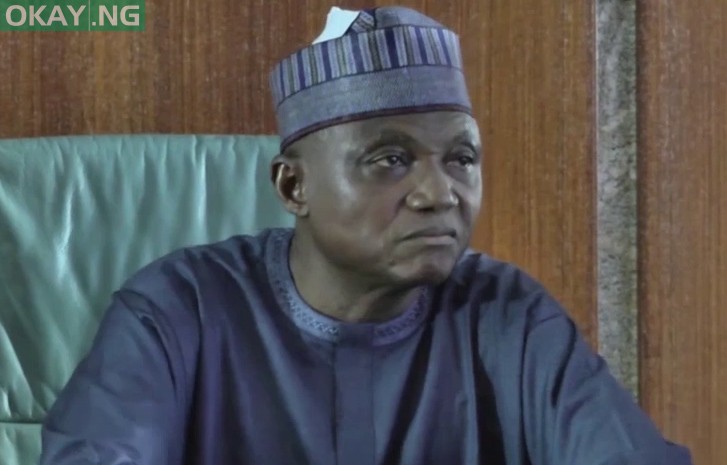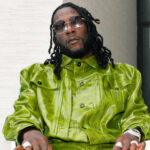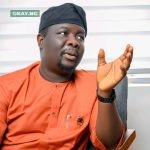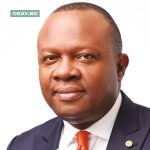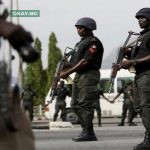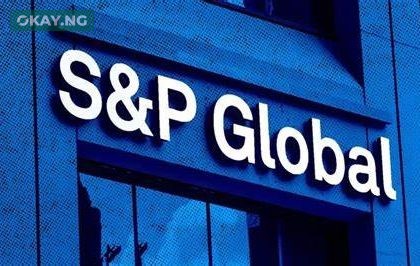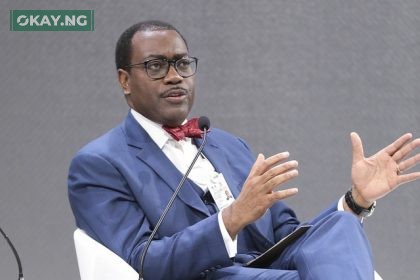The Senior Special Assistant to the President on Media & Publicity, Garba Shehu, has released a statement in response to an open letter from former President Olusegun Obasanjo, in which he endorsed the Labour Party presidential candidate, Peter Obi.
“Former President Obasanjo is so well known to all that no one needs to describe who he is,” said Shehu in the statement. “But, four things we will like to say.”
First, Shehu accuses Obasanjo of being jealous of President Muhammadu Buhari’s success, stating: “President Buhari is ahead of Chief Obasanjo in all fields of national development and to do that is cardinal sin to Obasanjo whose hallucinations tell him that he is the best ever to lead Nigeria and there will never be another one better than him.”
Shehu then cites the completion of the Second Niger Bridge as an example of Buhari’s achievements, stating: “President Buhari just completed the world class edifice that is the Second Niger Bridge after three decades of failed promises. It is now awaiting commissioning. Obasanjo laid the sod for the bridge in his first term as elected President and work never started. When he sought re-election for his second term in office, he returned to the site to turn the sod for the bridge the second time. When the Obi of Onitsha, forthright and scholarly, reminded him that he had done this in the past, Obasanjo told the foremost Southeast traditional ruler that he was a liar, in the full presence of the Chiefs and Oracles in his palace. Obasanjo lied to the Southeast to get their votes. President Buhari didn’t get their votes but built the bridge because he believed it is the right thing to do.”
Shehu also praised President Buhari for his commitment to democracy, stating: “Two, President Buhari had been bagging awards and encomiums for trying to do that which the Constitution of the Federal Republic of Nigeria says a leader should do: serve one, or a maximum of two terms and go. President Buhari has been stating and restating that he will supervise a better election than the one that brought him to office and to leave as and when due.”
In contrast, Shehu accuses Obasanjo of being responsible for the “dark days” of Nigeria’s democracy during his tenure, stating: “Under him, a five-man legislature met at 6:00 am and “impeached” Governor Dariye in Plateau; 18 members out of 32 removed Governor Ladoja in Oyo; 17 members out of 29 removed Governor Peter Obi in Anambra; 19 out of 29 removed Governor Chris Ngige in Anambra and 21 out of 26 removed Governor Ayo Fayose in Ekiti. These were not done by the due process of the law but by the fiat of the man who was then President.”
Shehu also accuses Obasanjo of being responsible for the “putrid responsibility” of the privatization of national assets, including the sale of the Aluminum Smelter Company of Nigeria (ALSCON) and Delta Steel for significantly lower amounts than they were worth.
“As an insight, the Aluminum Smelter Company of Nigeria, ALSCON, which was set up with $3.2 billion, was sold to a Russian firm, Russal, for a paltry $130 million. Delta Steel, which was set up in 2005, at a cost of $1.5 billion, was sold to Global Infrastructure for just $30 million. ALSCON got back $120 million for the dredging of the Imo River, which was never carried out,” said Shehu.
Finally, Shehu praised President Buhari for his role as the Anti-Corruption Champion of Africa, stating: “The totality of African leaders appointed President Buhari the Anti-Corruption Champion of the continent. You can’t be an anti-corruption champion if “you meddled and bent the rules,” carrying the putrid responsibility of what happened to national assets in the name of privatization as documented by the Nigerian Senate in 2011.”
In conclusion, Shehu stated: “Three, which is linked to the one above is the growing profile of President Buhari as the Champion of Democracy not only at home and in the West African subregion but the African continent as whole. As President, Obasanjo destabilized internal democracy by orchestrating impeachment after impeachment of governors who were not compliant with his highly imperial administration. As we said sometime back, Mr. Obasanjo’s tenure, 1999-2007, represented the dark days of Nigeria’s democracy due to a slew of assaults on the constitution.”


